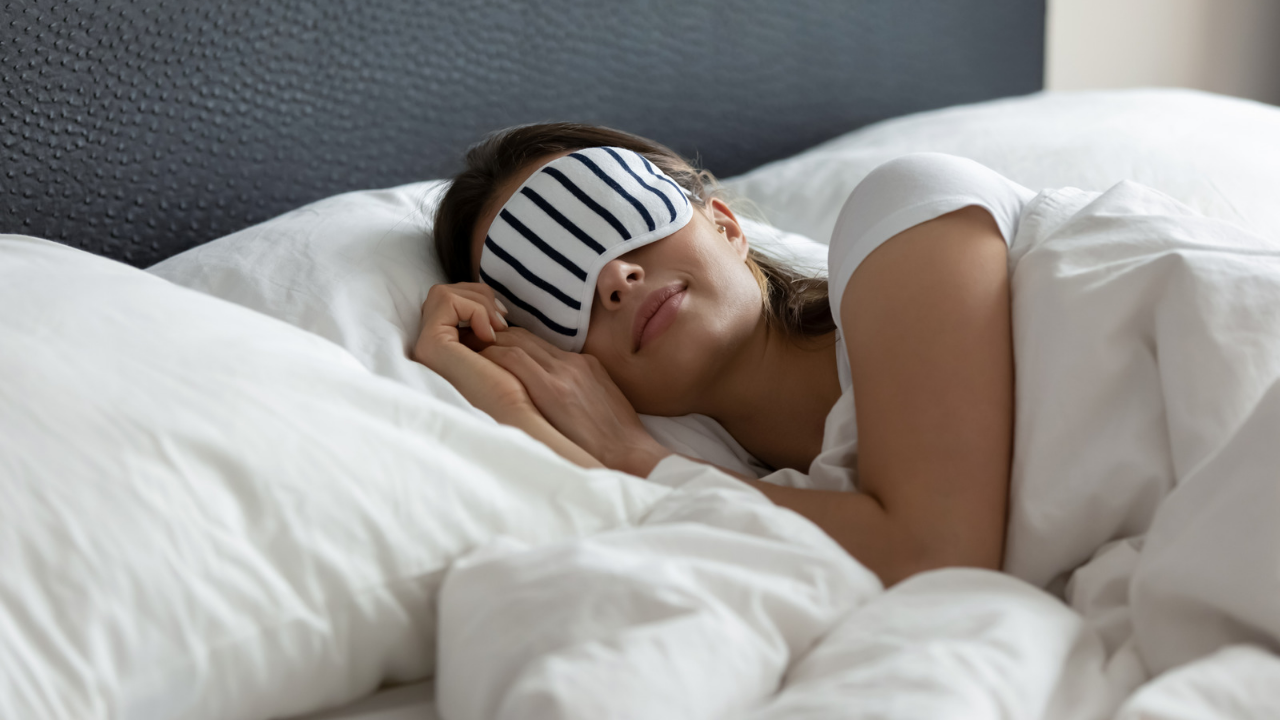How to practice good sleep hygiene
Sleep hygiene improves quality and quantity.
Tips for a healthy sleep routine:
- Sleep at the same hour every day, even on weekends and holidays.
- Establish a pleasant sleep routine by reading, bathing, or listening to soothing music.
- Dark, quiet, and cold bedrooms are ideal for sleeping. Buy a mattress, sheets, and pillows.
- Avoid coffee, nicotine, and alcohol before bed.
- Avoid big meals before bed: These can induce pain and make it harder to fall asleep.
- Screen use before bed disrupts sleep due to blue light. Avoid gadgets before bed.
- Frequent exercise improves sleep quality, but avoid exercising close before bedtime.
- Stress management can help you sleep. Relax with deep breathing, meditation, or yoga.
Use these recommendations to create a healthy sleep pattern and improve sleep quality.
Water before bed?
To stay hydrated, drink water throughout the day, but avoid drinking it before night.
Drinking water before bed might help you stay hydrated overnight, but it can also cause nighttime bathroom excursions that disrupt sleep.
Limit your water intake before bedtime if you wake up often to use the bathroom. If you’re thirsty or dehydrated, drink adequate water.
Drinking water throughout the day and listening to your body’s thirst cues is the best method. For personalized recommendations on water intake and sleep, see a healthcare expert.
When should I stop eating?
Your last meal or snack before bedtime can affect your sleep quality. Stop eating at least 2-3 hours before night to provide time for digestion and avoid sleep disturbances. Eating too close to bedtime can also cause acid reflux or indigestion, making sleeping harder.
If you must eat before bed, consider a light, easy-to-digest snack that won’t disturb your sleep. Snacks like fruit, almonds, and herbal tea are examples.
Your last meal or snack depends on your needs, preferences, and sleep routine. For personalized meal and snack time suggestions, see a healthcare practitioner or registered dietitian.
What causes my 3 am thirst?
Some people wake up thirsty at night for many reasons:
- Dehydration: Not drinking enough water throughout the day can cause you to wake up thirsty. This is especially true when exercising or in a hot, dry atmosphere.
- Diabetes and renal illness can increase thirst and urination. See a doctor if you have other symptoms.
- Several drugs produce dry mouth or thirst. Talk to your doctor if these symptoms occur while taking medicine.
- Sleep apnea: Breathing stops and starts during sleep. Wake up with a dry mouth and thirst.
- Habitual behavior: Drinking alcohol before night or eating salty or spicy foods can trigger thirst in the morning.
To find out why you wake up thirsty every night, track your water intake and other habits. To rule out medical illnesses or sleep disorders that may be causing your symptoms, see a doctor.
Conclusion
Dehydration, physical disorders, drugs, sleep apnea, and regular behavior might induce 3 thirst. To fix this, stay hydrated during the day and avoid drinking too much water before bed. See a doctor for personalized advice and treatment if your symptoms continue.

